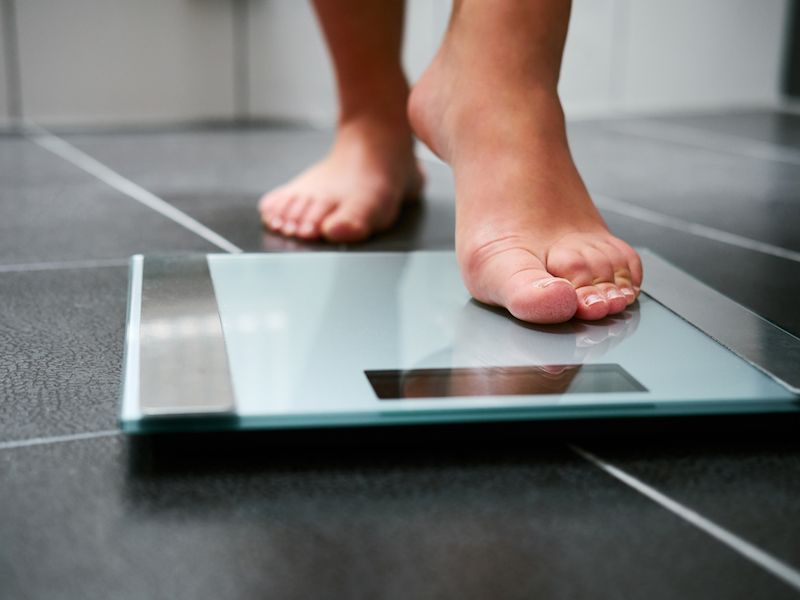
We’ve long known that eating too much is harmful to our health, especially over longer periods of time. There are a number of health conditions related to obesity. You can add hearing loss to high cholesterol, heart disease, and diabetes as a possible issue. It’s calculated that around 48 million people in the United States, hearing loss is a problem for approximately 20% of the U.S population, and almost twice that amount of adults, 93 million, are obese. These figures are surprising and point to a serious health concern throughout the country.
What is The Relationship Between Hearing Loss And Being Overweight?
Several studies have shown that loss of hearing and being overweight have a relationship. While experts are still investigating the link, it’s assumed that hearing loss and being overweight have a connection because the circulatory system is impacted. Additionally, loss of hearing is related to diabetes and high blood pressure which are known to be connected to obesity.
The inner ears are filled with tiny hairs that detect sound in the ear. These hairs, called stereocilia, have to have a steady flow of blood and oxygen to work properly. Obesity confines the flow of blood in the body because the heart must work harder to get the blood to flow throughout the body, which means that your inner ear is operating on less-than-optimal blood flow. This could irreversibly damage the ears. Diabetes, high blood pressure, and heart disease impact the inner ear in the same way, as all of these diseases negatively effects your blood flow.
It’s especially worthwhile to keep control of your weight as you get older since age-related hearing loss and a high index of fat mass are also connected. When you were younger, your body’s metabolism worked faster and more efficiently, which is why you should attempt to formulate healthy habits when you’re younger and stay with those habits as you get older.
A healthy diet and exercise are great for your general health and your hearing.
Solutions For Obesity-Associated Hearing Loss
If your hearing loss is triggered by obesity, you may never be capable of getting it back, nonetheless, so that you can find out how significant your loss of hearing is, it’s important to have your hearing tested. If you have permanent damage, you may need a hearing aid or other device to begin hearing properly again.
If the injury is only minor, you might have considered trying to see your doctor before your health becomes worse, about developing a diet and exercise plan to decrease the impact your weight has on your health. Your doctor should recommend a cardio intensive exercise routine that will help improve your overall health and get your blood pumping. There will be, more than likely, other improvements in your life too, mental health, as an example, since consistent exercise has been shown to lessen depression.
How to Prevent Obesity-Related Loss of Hearing
In order to stop obesity-related loss of hearing day to day exercise and a healthy diet are necessary. Your hearing will definitely be kept in superior condition if you keep your body healthy. A strategy that can help you attain your goals and that is personalized for you can be created by a nutritionist. The job of the nutritionist is to make certain you’re consuming nutritious foods with the right blend of nutrients, foods that have plenty of iron, for example, since, you guessed it, a lack of iron in your diet can worsen your loss of hearing and lead to tinnitus.
Find out more about hearing loss and how you can hear better with the appropriate treatment.
